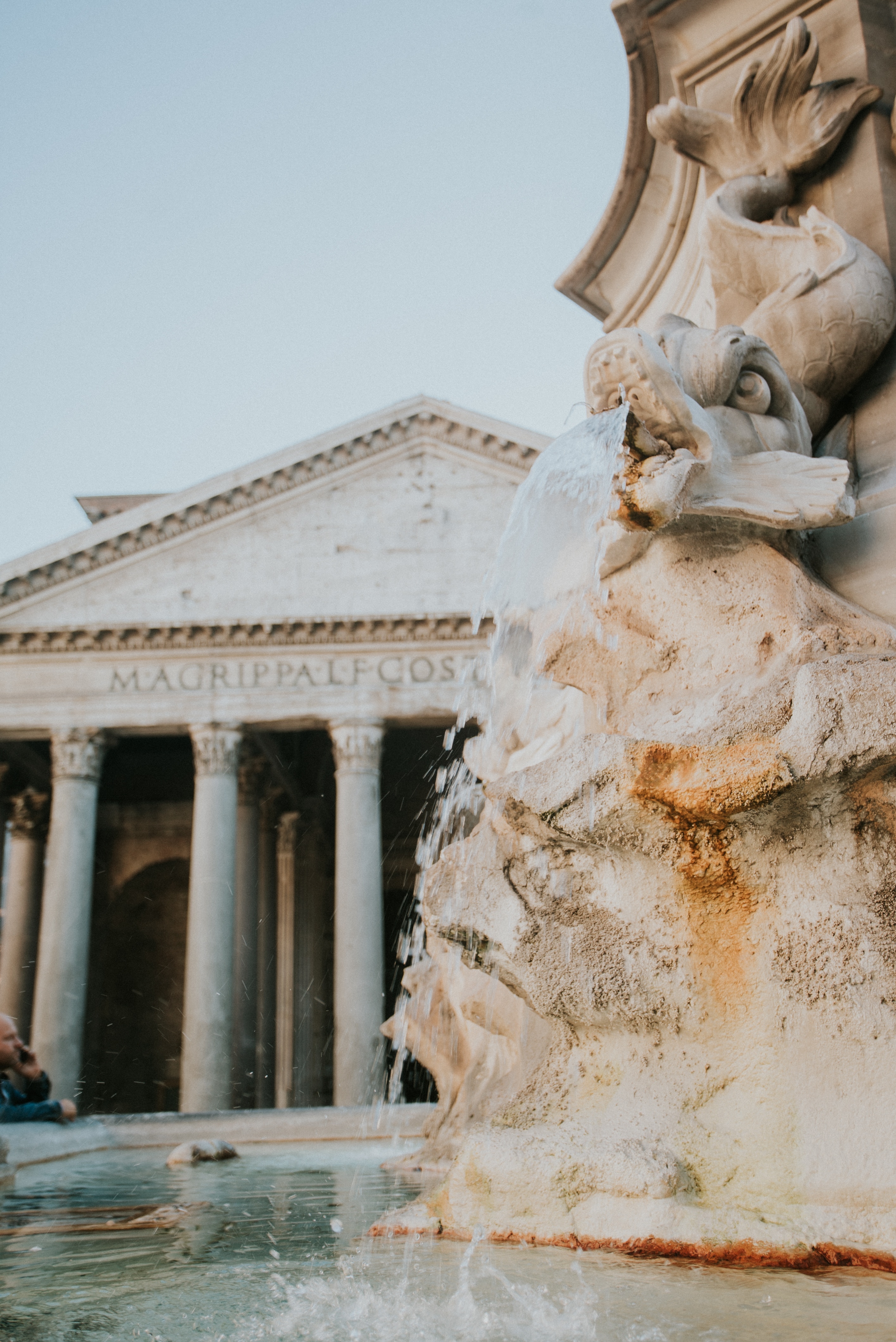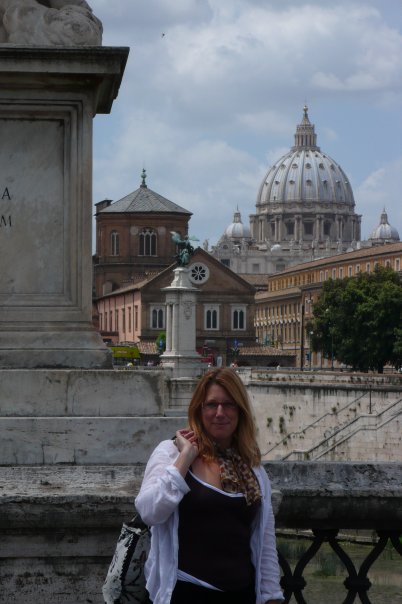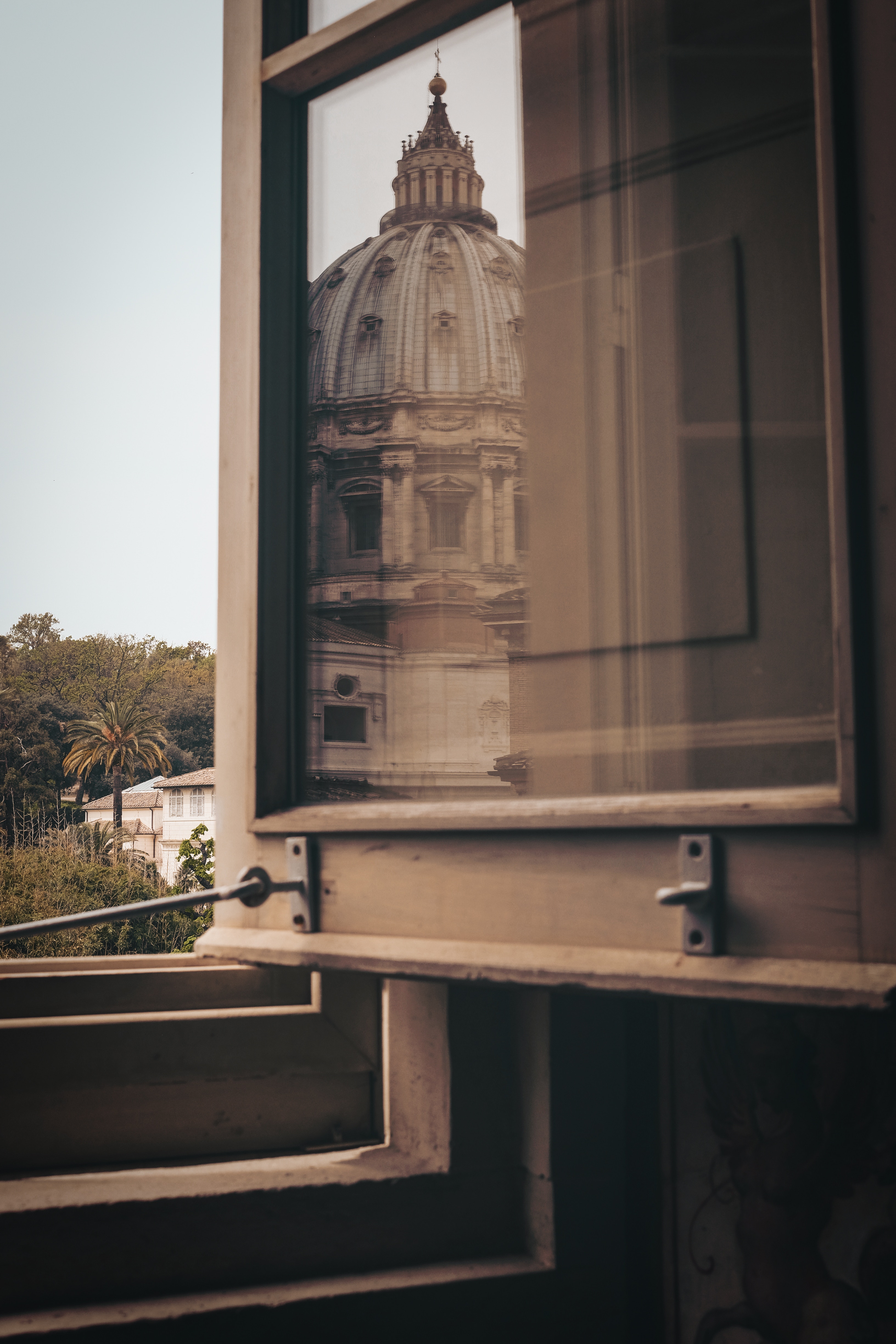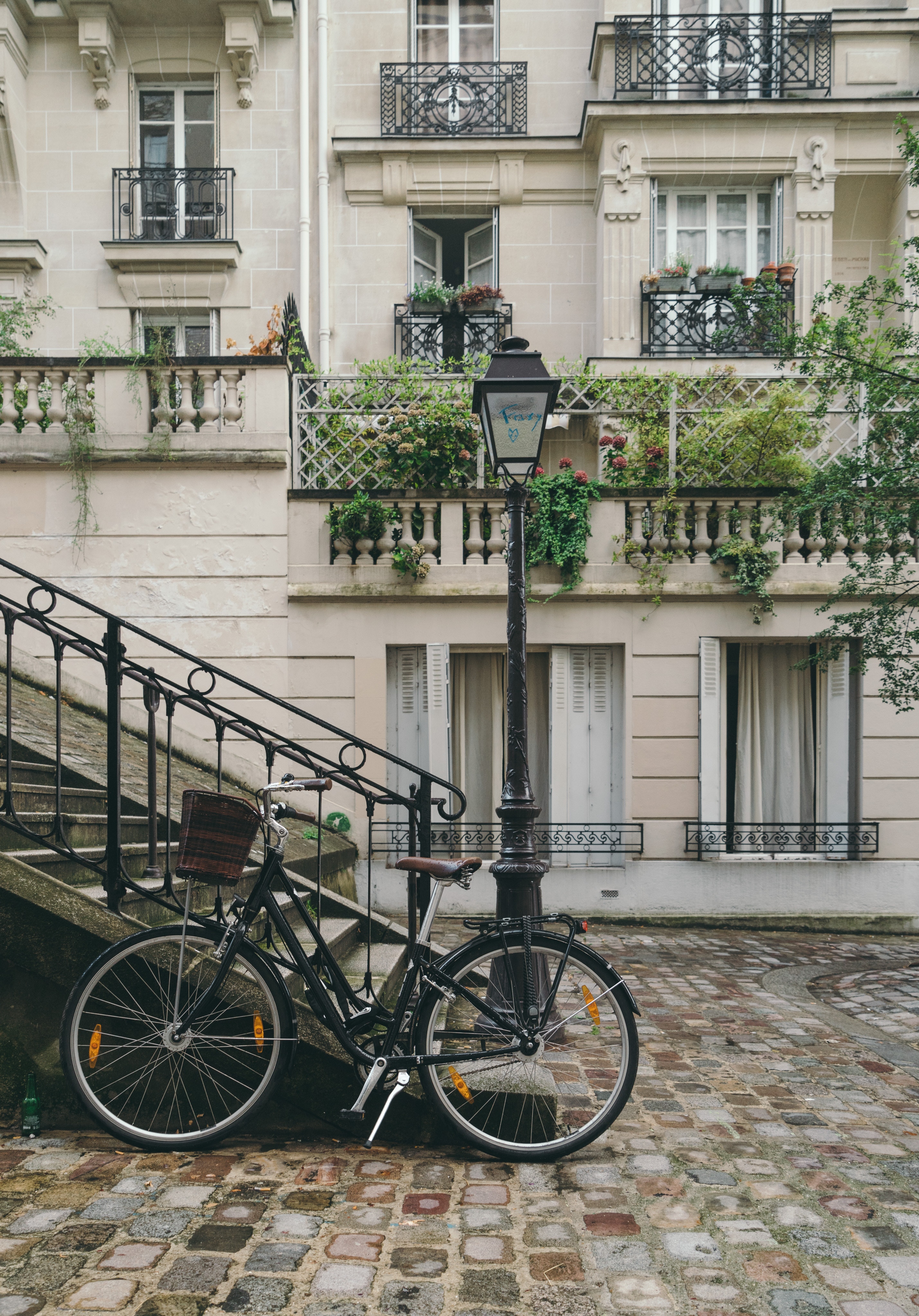
Slow Food, Slow Fashion, Slow Indulgence: Embracing a European-lifestyle for a Sustainable Future
As memories of Rome flood my days I find that I am yearning for a European lifestyle as a whole. The memories of savoring incredible meals, immersed in fashion and art, enjoyed at a more leisurely pace continue to provide solace to my busy days in America. In Europe, art and culture intertwine with family, food, and style. It's worth noting that the average carbon footprint associated with this lifestyle is less than half of the national average in the United States. Good taste, it seems, could be our most compelling compass for aligning our lives with a carbon footprint that's appropriate and sustainable.
Europe conjures images of leisurely lunches filled with local delicacies, lazy afternoons sipping Campari Orange while observing well-dressed individuals pedaling bicycles. I relish reading newspapers on fast trains bustling with business travelers and schoolchildren. Socializing from lunch into the work hours of the afternoon seems not only acceptable but also a secret code that I yearn to understand. Observing children in museums, I contemplate how different it must be to grow up against a backdrop of architectural history spanning millennia. Is it their profound connection to history that allows them to confront the risks of the future? Do they invest in quality clothing instead of fast fashion because it represents time traversing in both directions? Europeans seem to collectively prioritize style over excessive consumption. They patiently wait for good cheese, opting to forgo packaged chips. Food is frequently discussed, perhaps even more than it is consumed. Farmers meticulously present their vegetables at open-air markets, treating them like precious jewels. Discerning women carefully examine not only the quality of the fruit but also the care taken to deliver it. Food and clothing in Europe possess a terroir, a sense of place that determines their quality, flavor, and cultural significance. They connect food, fashion, and lifestyle to the soil, landscape, seasons, and climate. In Europe, the place of origin holds greater importance than corporate mandates. The pursuit of profit at the expense of authenticity is considered gauche. It could be argued that embracing a low-carbon life imbued with a more European style offers an elegantly well-lived existence. In this world, the quality of natural fibers in your clothing, the natural ingredients in your food, and the curation of experiences define good style. This seems far more appealing than the gluttony of shopping merely to fill bags. Mindless consumption has been sold to us as frequently as the products themselves. In America, we are rarely invited to appreciate the nuanced beauty of restraint or the curation of experiences. Yet, the restraint in one's consumption is a sign of civility and mindfulness.
As we contemplate the complexity of climate change in the context of our culture and personal lives, we often overlook the fundamental principles of a well-lived existence. Such a life is replete with memorable experiences rather than overflowing storage units. It revolves around moments shared with family, good food, and art that resonates.
We must not allow the overwhelming news of climate change to take center stage, displacing the works of Shakespeare. In the climate story, we are both the perpetrators and the victims. Collectively, our failure to actively reshape the culture perpetuating our demise reinforces the destructive unfolding of this crisis. By remaining passive, we relegate ourselves to the role of silent spectators, gripping our seats as this grim tale marches relentlessly towards a horrific conclusion. Although our eyes widen in disbelief, many of us have not stepped onto the stage. In this story, heroes often lose momentum time and time again. The only possible hero is collective action, transforming local food, natural fibers, and restored habitats into fashionable choices. Let us not forget that we are actors participating in the greatest improvisation session ever held. As lines are written in real-time, each of us has the power to influence the outcome and shape the destiny of this narrative. We can redirect the course away from the melting cliff's edge. Picture the impact of confidently embracing this tangled mutiny on stage, munching on a carrot and savoring its deliciousness. On this stage, we alter the outcome by committing to 100% renewable energy, driving electric cars, and supporting restorative carbon offset projects. We rewrite the narrative by championing carbon farming and relishing the flavorful delights of organic carrots. Undoubtedly, the allure of tension, drama, and conflict in the epic tale of climate change captivates us. But are we truly willing to accept the inevitable outcome? Will we succumb to the dragon's breath or will we set the table for a delectable, healthy meal shared together? The most exciting aspect of this story is that each of us possesses the potential to be a David conquering Goliath in our own way. We must aim carefully and precisely, pinpointing an incredibly elegant solution to vanquish the societal demons. The defeat of this formidable climate Goliath lies in the acceptance of natural limits, recognizing that none of us is exempt from the laws of nature. We triumph by abstaining from crisis-induced inertia and instead acting upon our moral imperative to safeguard our atmosphere. The reversal of facts concerning parts per million is not within our grasp. What will conquer climate change is a cultural evolution that curates rather than consumes, celebrating nature instead of bulldozing it for profit. As special actors gracing this stage, we embark on a journey that involves stepping towards a carbon-constrained existence, becoming timeless style mavens of our future. We possess the power to adjust the restorative knobs available to us. By opting for our local 100% renewable energy program and engaging in conversations about it with our neighbors, we make a statement. We ensure that our next car is electric, we insulate our homes, and we choose to wear a sweater—actions that have minimal costs but, more importantly, set precedents. By savoring the flavors of farmers' market produce as much as appreciating their carbon storage capabilities, we establish a trend that expands. We reject plastic packaging and bring real silverware to lunch as a matter of civility. Gulping big sips from plastic straws serves as a metaphor for much of our culture today, blurring our appreciation for the art and culture of a truly fulfilling existence. Each of us must pioneer inclusivity that embraces nature and all species, while also considering female literacy as a crucial aspect of our personal legacy. We caninfuse the joy of relishing a fresh, delicious carrot grown in our own backyard into a movement.
Change commences in the present, acknowledging the past and contemplating the future. To reverse the tide of fear and despair, we must not only offset our carbon emissions for every flight we take but also celebrate our culture's restorative capacity to design a future worth living. As we each determine when to deliver our lines in this improvisational play of life, we may discover that our impact is most profound when we walk the walk in natural fibers, savor the future of carbon farming, and embrace the slow food, slow fashion, and slow culture of timeless elegance. Failing to act before the curtain call would mean forfeiting our chance for recognition. The true star that outshines the fossils perpetuating an era of misguided consumption for profit is the actor who compels grace and curates quality over excessive consumption. In every exceptional improvisation, unexpected actions weave the tale. Now is the moment to act boldly, deliver our lines with clarity, and help this drama unfold into a restorative economy that safeguards both our children and the biodiversity that inspires them with wonder. This outcome not only leads to a happy ending but also the only sensible one. If we are truly fortunate, there may be no ending at all.


